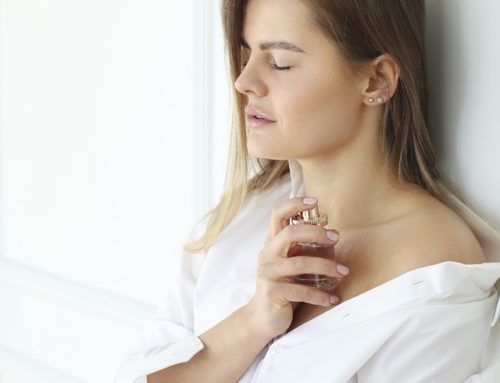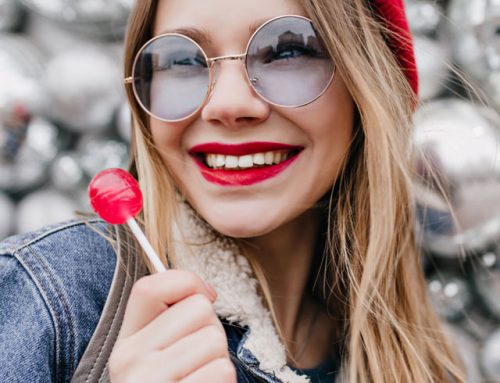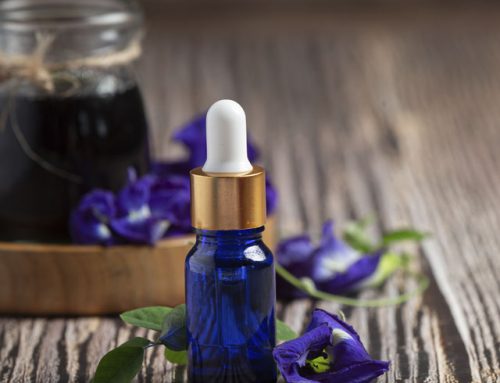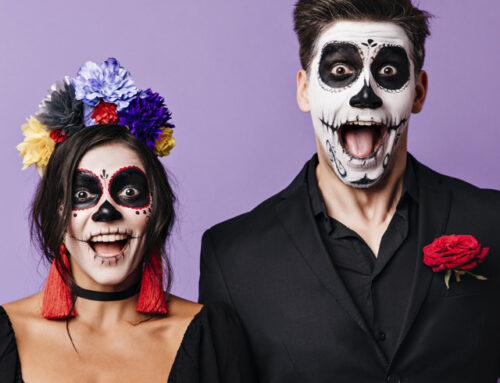Summer Sunscreen Myths Fuel Dangerous Misinformation in the US
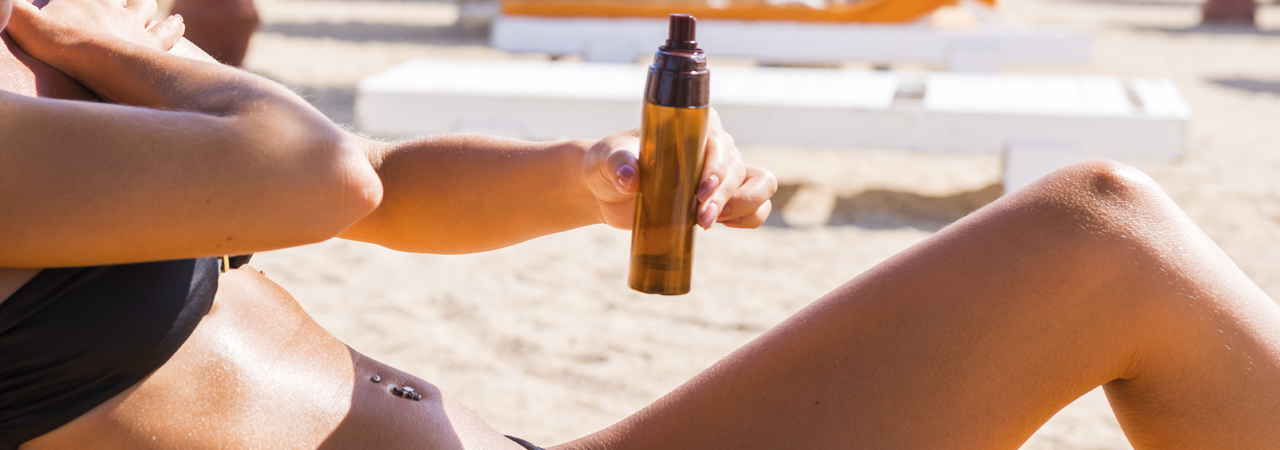
As the sun blazes overhead, a shirtless TikTok influencer flings a tube of sunscreen aside, boldly claiming that it causes cancer. He encourages his 400,000 followers to embrace “regular sun exposure,” directly opposing the guidance of US dermatologists battling a wave of dangerous misinformation.
During this scorching summer, some social media influencers are spreading risky advice on sun protection, ignoring heightened warnings from health experts about the dangers of over-exposure amidst climbing skin cancer rates.
Further complicating public health efforts, videos racking up millions of views showcase “homemade” sunscreen recipes using ingredients like beef tallow, avocado butter, and beeswax, falsely touted as effective skin protectors.
In a popular TikTok video, “transformation coach” Jerome Tan dismisses commercial sunscreen, claiming that consuming natural foods will enable the body to create its “own sunscreen.” He provides no scientific backing for his claims. Experts warn that such online misinformation is increasingly causing tangible harm.
A recent Ipsos survey for the Orlando Health Cancer Institute found that one in seven American adults under 35 believe daily sunscreen use is more harmful than direct sun exposure, and nearly a quarter think staying hydrated can prevent sunburn.
“People are buying into dangerous ideas that increase their risk,” cautioned Rajesh Nair, an oncology surgeon at the institute.
The Myth of a ‘Safe Tan’
With influencers casting doubt on commercial sunscreens, another US survey reported a decline in their usage, with 75% of Americans regularly using sunscreen, down from 79% in 2022. This trend aligns with growing public mistrust in established medical advice, extending to Covid-19 and other vaccines, and a rising dependence on influencers lacking scientific expertise.
Dermatologists are working tirelessly to counter the misconception that more sun exposure is beneficial for the skin.
“There is no safe tan,” emphasized Daniel Bennett, a dermatologist and professor at the University of Wisconsin School of Medicine and Public Health. “The evidence is overwhelming that ultraviolet light exposure is the main preventable cause of skin cancer.”
Many false claims originate from influencers seeking to profit from social media platforms, where sensationalism often drives engagement. Some content creators exploit “sunscreen skepticism” to market their own supplements or endorse alternative all-natural sunscreens, noted Eric Dahan, founder of the influencer marketing agency Mighty Joy.
Dahan highlighted an Instagram post advising against constant sunscreen use while promoting a skincare product line. “Say goodbye to sun paranoia,” the post read, encouraging guilt-free sun exposure.
Risks of Sunburn, Premature Aging, and Skin Cancer
On a beach, a shirtless Instagram influencer dismisses sunscreen, nonchalantly stating he doesn’t fear skin cancer, while promoting “animal-based sunscreen” made from beef tallow.
Beef tallow, essentially purified beef fat, cannot block ultraviolet radiation, explained Megan Poynot Couvillion, a dermatologist in Texas. “Using it as an emollient is fine, but absolutely not as sunscreen,” she clarified.
The US Food and Drug Administration has called for more research on commercial sunscreen ingredients but still recommends their use, noting that excessive sun exposure significantly contributes to skin cancer. The American Academy of Dermatology warns that homemade sunscreens “lack effective sun protection,” leaving users vulnerable to sunburn, premature aging, and skin cancer.
Although some homemade sunscreen recipes include zinc oxide, a known sun protector, Adam Friedman, a professor at George Washington University School of Medicine and Health Sciences, stated that creating effective sunscreen at home is impractical. “You’re not making this in your basement,” he asserted.

